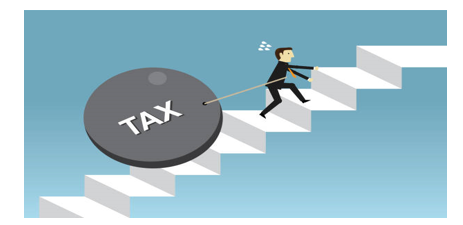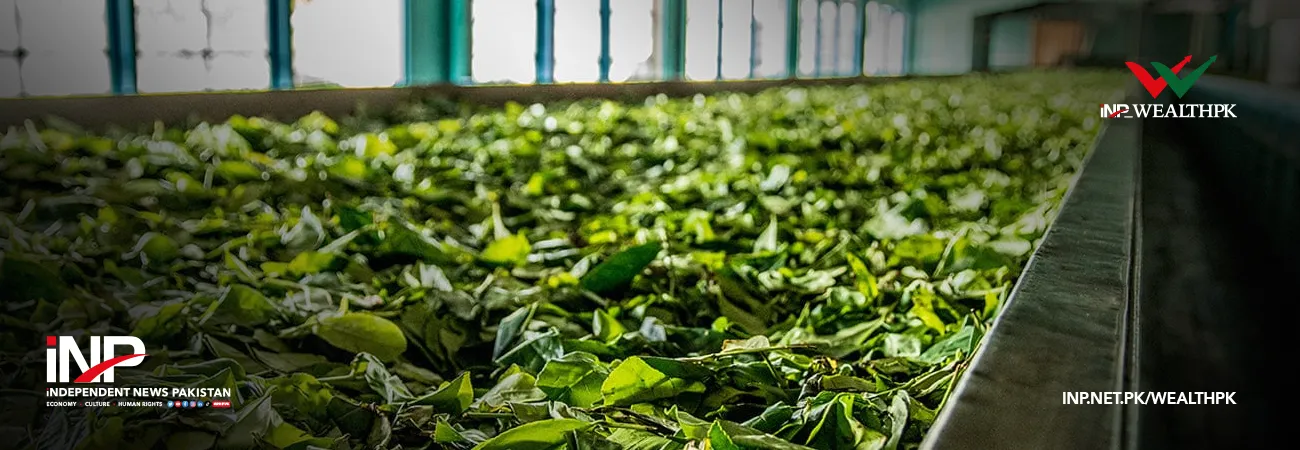INP-WealthPk
Amir Saeed

The government’s move to raise taxes on non-filers to increase tax collection may force them to opt for cash transactions to evade taxes. In an interview with WealthPK, Kaiser Bengali, former economic advisor to the Sindh government, said when people face greater taxes, their natural reaction is to look for ways to minimize tax liability. One way of minimizing tax liability is to opt for cash transactions, which are more difficult to monitor and tax. He pointed out that the shift to cash transactions would have a devastating impact on the tax system, as it would enable individuals and businesses to operate under the radar and evade taxes with ease. Cash transactions leave no paper trail, making it difficult for tax authorities to monitor income and expenditures, ultimately leading to a significant loss of tax revenue. This will not only undermine the purpose of increasing the tax base but also perpetuate a culture of tax-evasion in which individuals and businesses feel encouraged to avoid paying their fair share of taxes. “The government’s approach to taxation should shift from punitive measures to constructive reforms.
Instead of penalizing non-filers with higher taxes, the focus should be on creating a tax system that is inclusive, equitable, and encourages voluntary compliance,’’ he stressed. The culture of noncompliance would erode the tax system’s integrity, giving those who choose to operate in the shadows an unfair edge while adding to the burden on honest taxpayers. It would limit the government’s ability to fund public goods and services, ultimately affecting the overall economic growth and development of the country. Talking to WealthPK, Dr. Omer Siddique, a senior research economist at the Pakistan Institute of Development Economics (PIDE), said imposing higher taxes on non-filers would be terrible for small firms and individuals who already operate on thin margins. These individuals and businesses frequently lack money and skills to deal with the complex tax system, and they may rely on cash transactions to survive. He added that higher taxes on small businesses would raise their financial burden, resulting in lower profitability, investment, and even business closures.
It would impact the economy as a whole, resulting in reduced economic activity, job losses, and diminished government revenue. Furthermore, it would perpetuate the cycle of poverty and inequality by increasing the cost of doing business and limiting small enterprises and individuals’ ability to expand and improve their business. He suggested the government should foster an environment where individuals and businesses feel encouraged to participate in the formal economy, contribute to tax revenue, and benefit from public goods and services. The government should provide incentives for tax compliance, such as tax credits or deductions, to encourage individuals and businesses to file their taxes on time. This would increase the tax revenue and also encourage voluntary compliance, reducing the need for harsh measures.
Credit: INP-WealthPk













